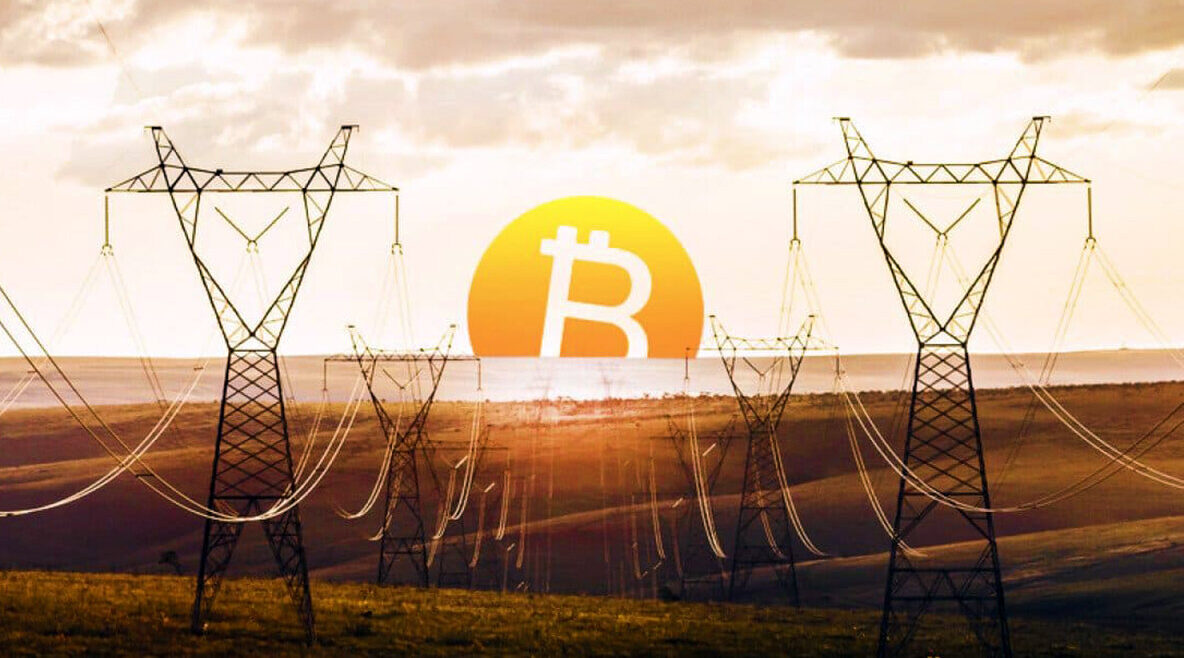IMF Warns Pakistan Over Energy Use in Bitcoin Mining Activities

The International Monetary Fund (IMF) strongly warns Pakistan about growing energy consumption resulting from bitcoin mining. This fresh data has strengthened the argument for applying blockchain technology for energy usage. This is particularly true in emerging nations already experiencing problems with erratic economies overall and energy shortages. Underground crypto mining has expanded rapidly in Pakistan as demand for distributed digital assets rises all around the globe. Major multinational financial organisations are now looking into this.
This article delves further into the IMF’s stance. Crypto Price Today, what it implies for Pakistan’s energy infrastructure and economic stability, and how the issue relates to more general worldwide patterns in the usage of cryptocurrencies, the control of energy, and the long-term digital transformation.
How the IMF Views Energy and Bitcoin in Pakistan
Pakistan’s inadequate power system and continuous energy crisis have led to regular blackouts and load shedding in major cities, including Karachi, Lahore, and Islamabad. The IMF expresses great concern about this. Illegal Bitcoin mining operations have clearly proliferated even with these regulations, particularly in areas like Khyber Pakhtunkhwa, where hydropower is more readily available.
In its most recent assessment of Pakistan’s economic situation, the IMF made it very evident that unbridled use of inexpensive energy for cryptocurrency mining constituted a waste of significant national resources. Under its present Extended Fund Facility (EFF) agreement with the IMF, the Fund stated these kinds of activities could prevent the nation from advancing two primary goals: lowering its debt and strengthening its energy system.
IMF’s Stance on Cryptocurrency and Energy in Pakistan
The main grievance of the IMF is the energy consumption of Proof-of-Work (PoW)-based cryptocurrencies, including Bitcoin. To mine these digital resources, you must answer quite difficult arithmetic problems using a lot of computer and electrical power. According to Cambridge University’s Bitcoin Electricity Consumption Index, annually, the worldwide Bitcoin network consumes more electricity than nations like Argentina and the Netherlands combined.
Pakistan must import fossil fuels and currently boasts a lot of circular debt in its energy sector. For both energy security and economic stability, the growing demand for energy from illicit or uncontrolled mining activities is highly negative.
Crypto scene in Pakistan is a regulatory black spot
Though the State Bank of Pakistan (SBP) outlawed trades in digital currencies in 2018, there is still a lot of debate over cryptocurrencies in Pakistan. The restriction has not stopped the expansion of less-regulated crypto activities. Ranked among the top 10 countries in the Chainalysis Global Crypto Adoption Index is Pakistan. Its interest in peer-to-peer (P2P) exchange and cryptocurrency as a means of inflation and currency devaluation protection explains this largely.
Lack of clear regulations regarding underground mining has contributed to its expansion, particularly in regions solely under partial authority or disconnected from the electrical system. Officials find it difficult to monitor how much electricity mining operations consume, let alone create policies to minimise their effects on the environment, given that few regulations are in place.
Crypto Mining Means for Pakistani Society and Economy?
In certain respects, including by generating jobs, transmitting money to other countries, and granting individuals access to distributed finance (DeFi) systems, crypto mining might be beneficial for the economy. Energy diverted, on the other hand, has a great opportunity cost. The IMF argues that subsidized energy should be allocated to sectors including industry, healthcare, and agriculture, rather than crypto farms running high energy consumption that solely benefit a small number of individuals.

Apart from that, there’s a risk of the nation’s image suffering on the international scene. Pakistan’s engagement with unsustainable crypto mining techniques could influence future climate financing projects, international aid, and foreign direct investment (FDI) as people all around pay greater attention to transitioning to green energy.
Government responses and policy considerations
The Ministry of Energy and the Pakistan Telecommunication Authority (PTA) have started investigating illegal crypto mining activities as pressure from international lenders and critics in Pakistan rises. Mostly in the northern parts where theft and illegal usage of power are prevalent, there have been crackdowns here and there.
Experts advise, however, that piecemeal law enforcement is not a long-term solution. Digital assets call for a national strategy congruent with new concepts and long-term use. Though, as of now, they haven’t established any formal policies, the Securities and Exchange Commission of Pakistan (SECP) has indicated they would investigate regulatory sandboxes to learn more about blockchain technology.
Crypto mining: Pakistan finds itself at a junction.
When energy policy and bitcoin join forces, Pakistan faces a challenging but vital issue. One may say that digital innovation and inclusivity have great possibilities. Fair access to energy and sound financial management are, however, also required. The concerns of the IMF fit a larger trend among international financial institutions to examine how new technologies impact their resource handling closely.
Regarding Pakistan, this marks a paradigm change. The nation may either purposefully develop a comprehensive strategy in line with best practices worldwide in crypto regulation, the use of clean energy, and digital banking, or it can keep reacting by cracking down on crypto mining as a matter of law enforcement.
Sustainable Energy and Blockchain Policies
Not only is Pakistan among the nations dealing with these issues. but it is also but it is also But China has also prohibited crypto mining entirely since it is detrimental to the energy and environmental resources. 3 Latest Airdrop Tokens, Other nations, including Iran and Kazakhstan, have sought to control it, but have had mixed success. Concurrently, nations with more developed economies, such as Norway and Canada, are experimenting with green mining using renewable energy.
These case studies from all around the globe provide much knowledge. Pakistan might modify its policies by taxing cryptocurrency companies for the energy they consume, rewarding mining companies for using solar or wind power, or mandating carbon offsets. Together with digital enterprises, foreign businesses, and non-governmental organizations (NGOs) working on climate change, the nation might also acquire the technical and financial instruments it requires to steer toward a more sustainable course.
